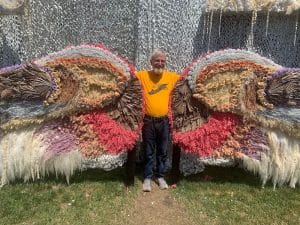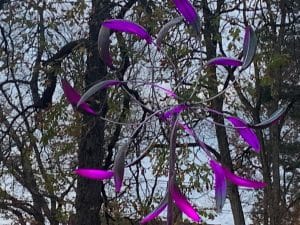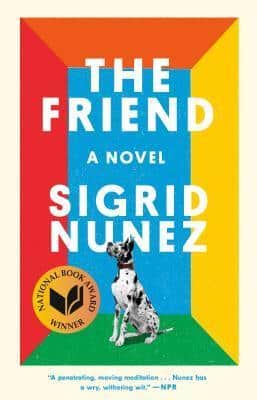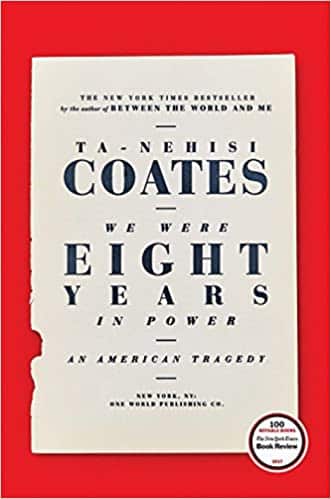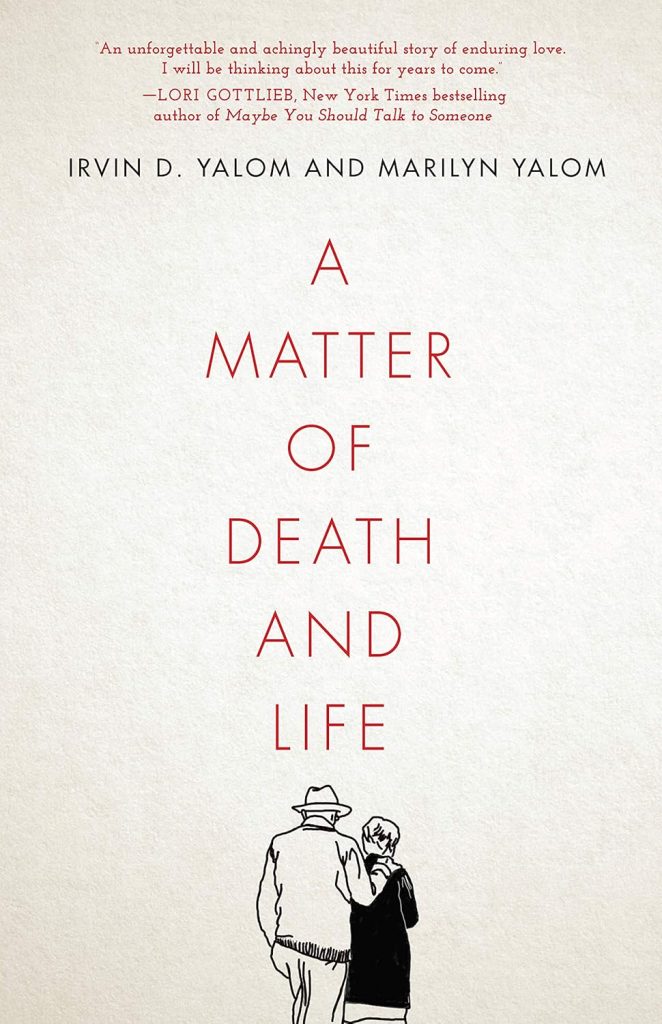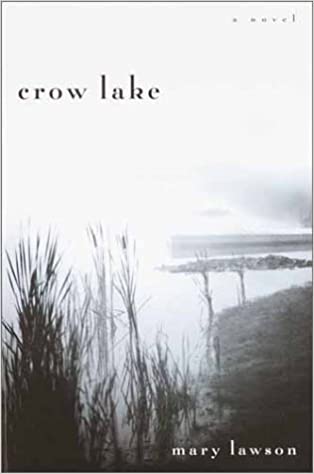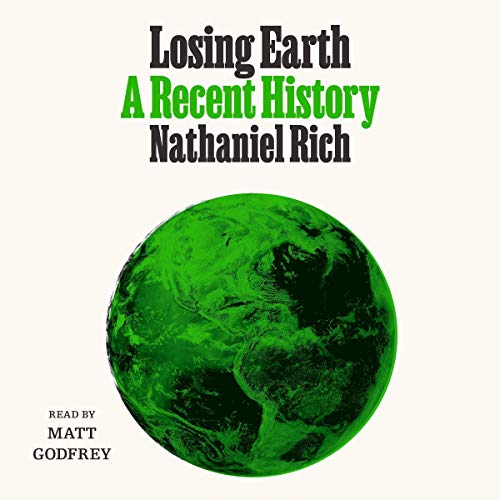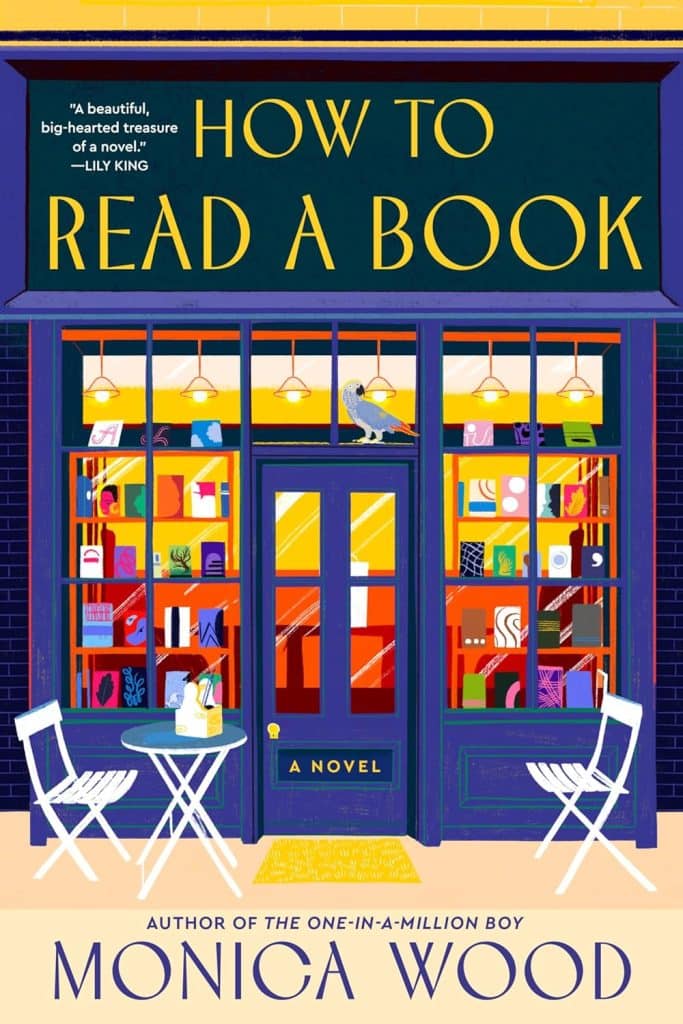My Apolytus Moment
Estimated reading time: 21 minutes, 12 seconds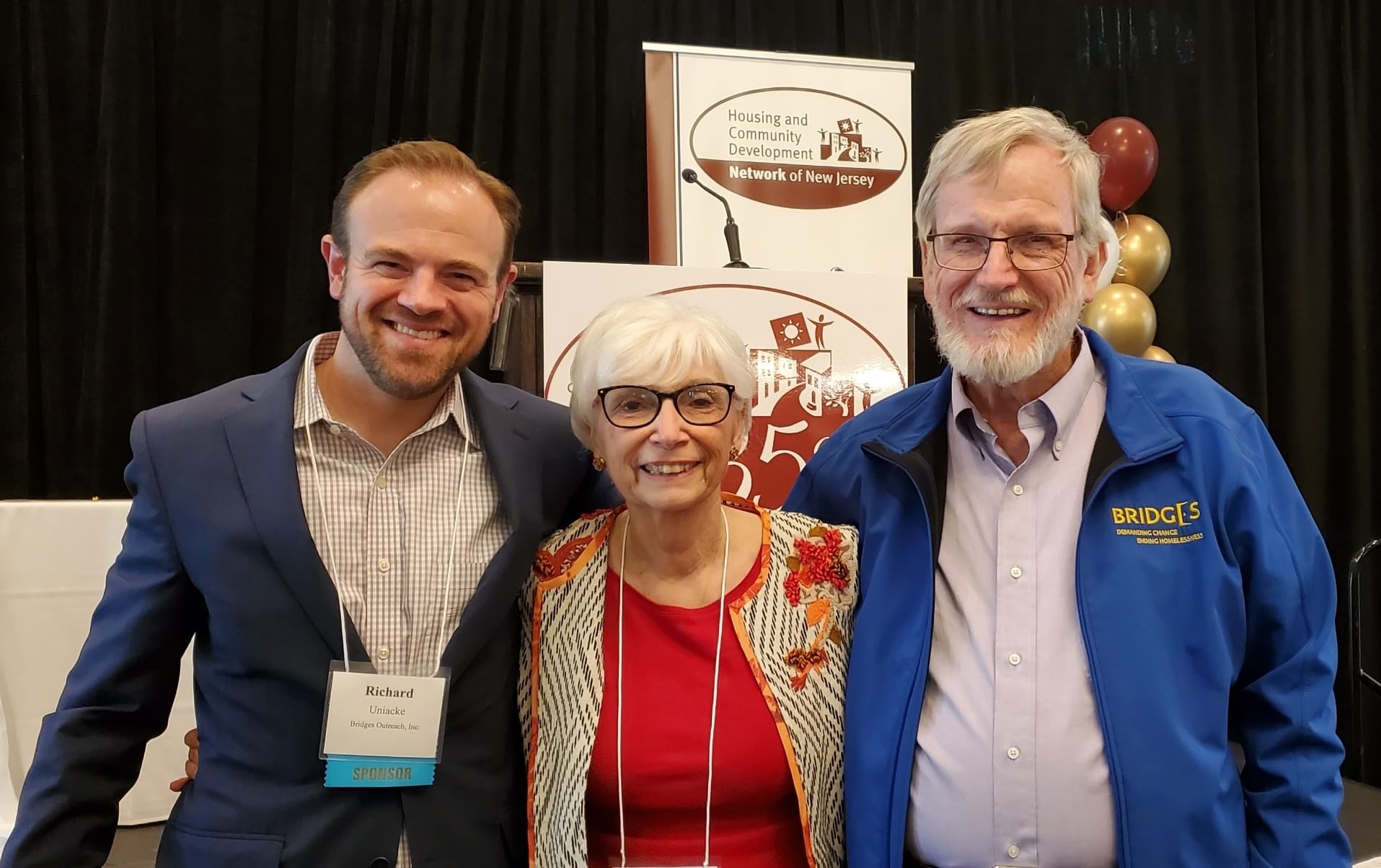
Solo At the Flower Show – June 2021
“Richard, I want you to go to the Flower Show in June,” Jan insisted. We already have tickets and hotel reservations.” As her caregiver during the final moments of her life, I was consumed with her care and had little time to ponder my plans for early June. I would nod and agree, but deep down, I knew I might be unable to make it. Fortunately, Mike and Elyssa offered to accompany me, which kept Jan from bringing it up again.
After Jan’s passing, the first five weeks went by in a blur. I attempted to coordinate plans with Mike and Elyssa but was unsuccessful. The week before the Flower Show, I accepted I might have to go alone, which was OK. However, we faced a fierce heatwave with high temperatures and humidity that soared to the upper 90s. Though I still wanted to go to the Flower Show, the scorching weather made me rethink my decision. But then, to make matters worse, my apartment’s air conditioner condenser stopped working, and the interior of my apartment felt as hot as the streets outside.
“Sorry to inform you, Mr. Brown, that I won’t be able to arrange for a new condenser until Monday or Tuesday. Moreover, the installation process might take a day or two,” Kevin’s voice was apologetic as he conveyed the news. The announcement was disheartening, and I felt a wave of disappointment wash over me, like the plants in my apartment that had started to wilt.
However, to my surprise, Kevin’s kindness shone through as he offered me a temporary window unit for my bedroom. It was a much-needed reprieve from the sweltering heat, but only for one room. Plus, it was noisier than the central AC. As we talked, I told Kevin I was attending the Flower Show on June 7th and 8th. I had already booked a hotel for those days and bought tickets for Tuesday afternoon, the 7th. I expressed my concern to Kevin that I might not be around on Monday or Tuesday to receive the new condenser.
Kevin reassured me that my absence wouldn’t be a problem, as he had a master key. He put my worries to rest, and I felt grateful to have such a helpful and reliable person.
I gathered a few items for a two-night stay. I mistakenly thought the Prius belonged to my wife as I started the car and drove out of the Miln Street parking lot. I managed to avoid most of the traffic, except for the time it took to transfer from the Parkway to the Turnpike. I drove in solitude until I arrived at The Marriott Courtyard Philadelphia South at the Navy Yard, where I was relieved to have made reservations in January. The desk clerk informed me that no rooms were available, but I was grateful for my early planning. I handed over my credit card and driver’s license and requested just one key.
My room was tastefully designed and had all the necessary amenities. Before dinner, I unpacked and read a few chapters of Celestial Navigation by Anne Tyler, which my wife had recommended. The novel’s protagonist, Jeremy Pauling, who had never left home, suffered from a personal tragedy. Though I was far from making a drastic choice never to leave my house, I found the book to be a compelling reminder of the importance of embracing life’s many adventures.
After a restless night, I got up early for a walk. I was excited about attending the Flower Show in the afternoon, but my iPhone buzzed with news that it was closed for the afternoon session. Severe thunderstorms in the next few hours were the reason. I read for an hour or two as the rain pounded the windows. Mid-afternoon, the rain stopped, and the sun breached the clouds. Could the Flower Show open now that the rain was over?
I laced my walking shoes and headed to FDR Park. As I approached the entrance, I met several people who had made the same choice. “It is still closed,” I told them as I reached the gate before them. While we complained about being unable to see the show, two high school championship baseball games were underway in the park. One of the women opined, “If they can play ball, why can’t we see the flowers?“
I wished them the best as I left the park and walked on Broad Street by the baseball stadium and other sports facilities. If I went two blocks to the stadium entrance and turned right, I could find the hotel and see more of the neighborhood. As I turned, I looked over my shoulder and saw thick black thunderheads racing towards me. I walked as fast as I could, but the derecho unleashed its rain faster than my feet could run. Despite being soaked to the bone, I laughed aloud as if Jan were next to me, “Honey, I did it again!”
Once I had peeled off my wet clothes and changed, I went to dinner at the hotel. While waiting for my dinner, I did not think about how I would be unable to attend this year’s Flower Show but how much Jan liked flowers and gardens. After giving her a final kiss, I accepted that she was not returning. My sons and I briefly discussed planting trees in one of their yards. I shook my head as the staff delivered my crab cake dinner. “Is the dinner OK?” he asked. Yes, I said, probably louder than necessary. Planting a tree, maybe more, is what I needed to do to keep Jan’s memory alive and prove that love never dies! I pulled out my iPhone and scanned the calendar. Jan’s birthday in 2022 was on a Sunday. Perfect!
Blood, Sweat, Tears, and Treasure – April 2024
On April 7, 2024, Temple Sha’arey Shalom and Hanson Park organized a Mitzvah Day, open to the Cranford community and aimed at cleaning up the park. Despite being a small congregation, the event was a grand success. As I walked towards the park, memories flooded in, reminding me of the day I decided to create Jan’s Memorial Garden in Hanson Park.
It all started when I returned from a rained-out Flower Show and decided to stroll through Hanson Park. As I approached the triangle, I thought it would be the perfect spot to plant a tree in honor of Jan. Although I knew it was impossible, I hoped for a sign from her.
As I was taking a walk, something magical happened. The rain ceased, the clouds parted, and the sunlight filled only the park while the downpour impacted the rest of the area. It was strange that only the park remained dry. I always believed that Jan and I shared a portion of each other’s souls, and that part of my soul vanished with Jan when she passed away. While standing in Hanson Park, I could feel Jan’s spirit with me, soaking wet, and I knew then that creating Jan’s Memorial Garden was the right thing to do. I felt her presence with me through my journey of grief. Standing next to the triangle, I felt Jan’s presence with me, and it seemed like she had sent me a message of approval. When I got home, I immediately emailed Ellen to express my desire to plant a tree in Hanson Park.
On Mitzvah Day, when I arrived at Hanson Park around noon, I saw a young mother with her kids enjoying the park. When she saw volunteers cleaning the park, she kindly offered to help and volunteered her and her children’s assistance.
As she was preparing to leave, Ellen, the park’s president, asked if the volunteer was a park member and had received the Arbor Day flyer. Unfortunately, the volunteer had not received the flyer, nor was she a park member. I immediately offered to walk her to the registration table to ensure she received the flyer and the membership form. When I handed her the flyer, she appeared overjoyed and shared how much she loved the park.
She said, “One day, I was here, and we were standing by the bench behind you, and a Robin flew over and sat down. My kids were amazed that it did not fly away. I read the inscription. When I got home, I googled Jan Lilien and was impressed by what her husband had done and wrote about her.
Her words touched my heart, and tears welled in my throat. She paused and looked at me for a moment. Oh, are you Jan’s husband?” I replied firmly and confidently, “Yes, that’s correct.
The woman spoke gently, her eyes filled with warmth and admiration as she looked at me. I never had the chance to meet Jan in person, but your heartfelt inscription and writings have made me feel as if I knew her all along,” she said. She embraced me warmly. What you’ve done to honor her memory is truly remarkable. The memorial garden you’ve created is a breathtaking and magical place unlike any other.
I heard her words, and they warmed my heart. It reminded me of a significant truth – that love never dies. The warmth I felt in my heart was overwhelming, and it made me realize that even the simplest gestures can significantly impact someone’s life. This moment is something I will cherish forever, as it gave me hope for a better tomorrow.
Despite the blood, sweat, tears, and treasure it cost to build Jan’s Memorial Garden, I knew it was worth every penny. Having a purpose to help me in my grief journey was paying dividends I dreamed of but never imagined would happen. This moment will stay with me forever, giving me hope for a better tomorrow.
After almost 48 years, I recently lost my wife, Jan Lilien. Like The Little Prince, Jan and I believed that “The most beautiful things in the world cannot be seen or touched, they are felt with the heart.” This blog is a collection of my random thoughts on love, grief, life, and all things considered.


